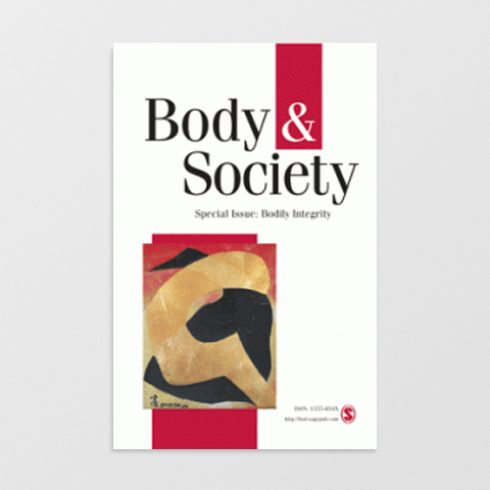Antibiotic Resistance and the Biology of History
Hannah Landecker
Body & Society 2015

Landecker’s (2015) work on antibiotics explores how the meanings associated with terms such as ‘antibiotic resistance’ or ‘microbes’ can shift both historically, but also in different contexts, demonstrating the effects of scientific knowledge on the world, its potential limitations, and the way alternatives can be side-lined or ignored as a consequence. In this paper, Landecker draws attention to how the promotion and use of antibiotics for human and animal health (and growth) is now evident as biological fact, not only in the bacterias that they were designed to target (i.e. through creating selection pressures for resistance strains), but also the biology and ecology of soils, water, and animals, as well as our own guts. In other words, antibiotics have transformed human-bacteria relations and associated infections, which has in turn changed the biology of bacteria (resistance or death) itself, potentially rendering the sustainability of current antibiotic-related practices ineffective. In short, antibiotics transformed humans and bacteria, which has consequently required humans to transform their relations to antibiotics; and also, potentially, to bacteria.
View Publication > Share
Share






Commentary
The latest commentary on the use of antimicrobials in society.